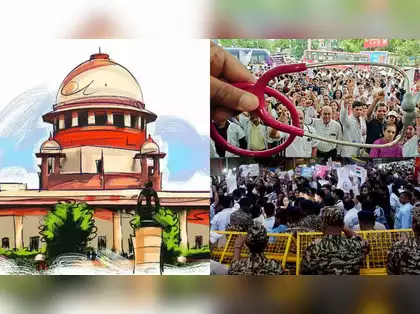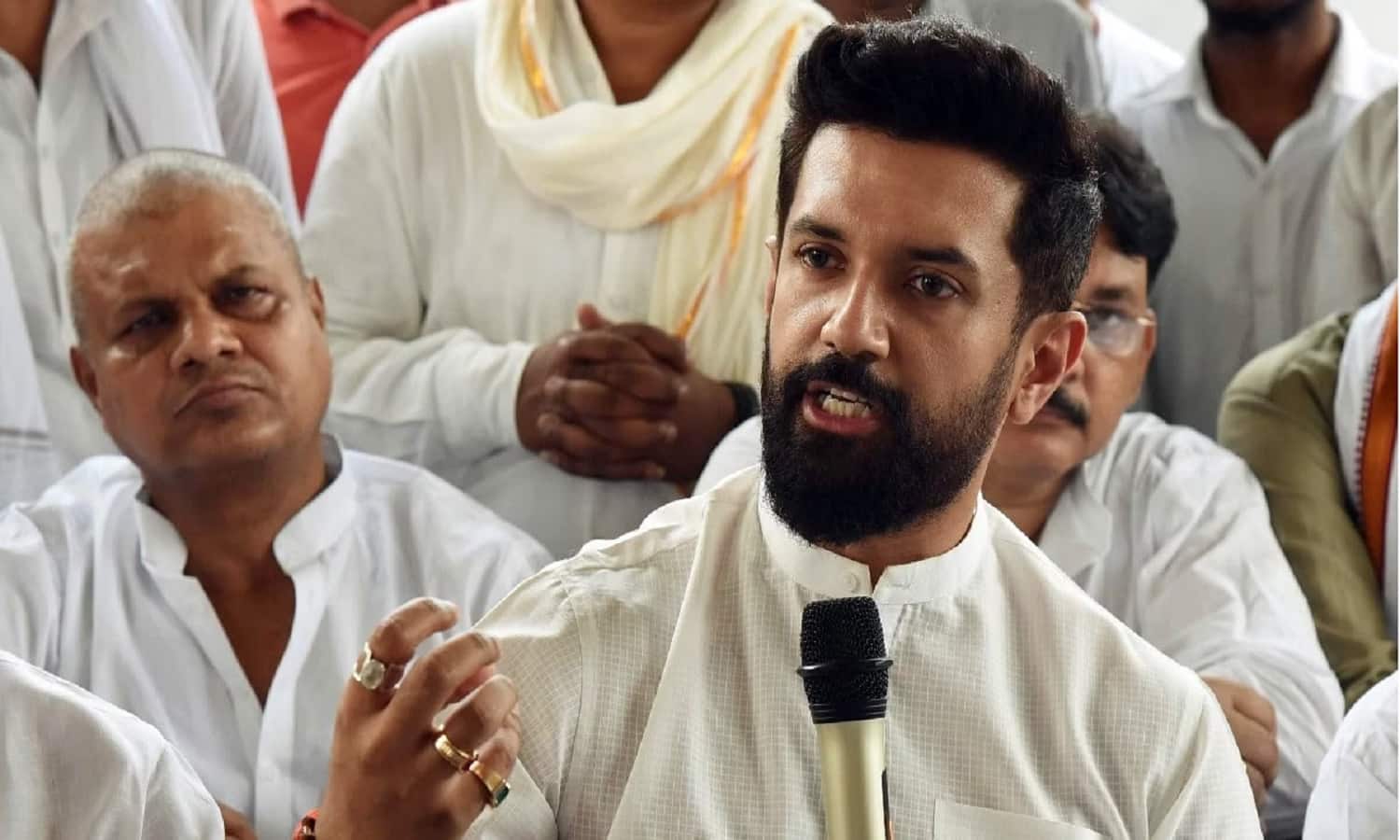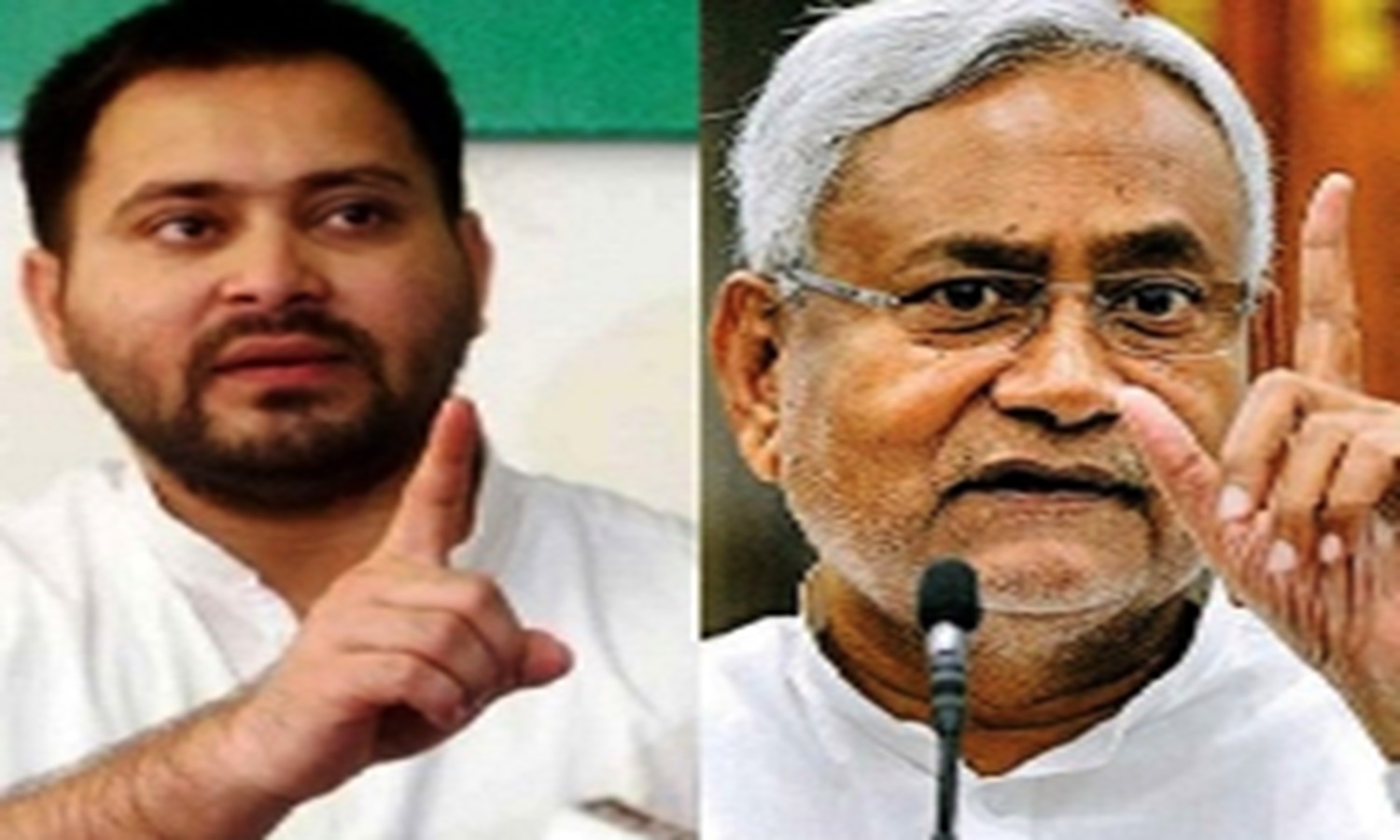All medical professionals joined the nationwide protests over the Kolkata, India, rape, and murder of a female doctor, demanding justice and safety. The Indian Medical Association (IMA), representing over a million medical professionals, led the nationwide doctors’ strike, which called for the expulsion of nonemergency services in solidarity with the victims and to highlight the need for safe working conditions, especially for women. The IMA termed the act a “crime of barbaric scale” and found fault with the furiously insufficient safety of women in workplaces. The IMA functionaries sought public support in their struggle to bring to book the killers of the slain doctor, saying the incident was not a stray one (Armstrong, 2024). However, it symbolizes the safety crisis being faced by medics across India. Protests were redoubled after the vandalism by a mob of the hospital where the crime was committed, increasing the stakes on the expressed medical fraternity’s fear and anger. The IMA quickly clarified that departments providing emergency and casualty services were exempted from the strike, which again meant that patient care was a priority even on strike.
All this looked very seriously at the IMA, said Dr. R. V. Asokan, the president of the organization, feeling that it marked a quantum jump like violence on doctors. He pointed out that if this type of heinous crime could occur on a medical college campus in a significant city like Kolkata, this shows the callous amount of safety of doctors in the whole country. In response to this offense, the government hospitals took the extraordinary step of indefinitely stopping elective operations rather than just immediate work stoppages, more picturing the scenario. The IMA condemned the act and raised demands regarding changes in legislation, with protests for the protection of medical personnel, security in hospitals, and safe resting spaces for medical professionals.
The 31-year-old female trainee doctor was found seriously injured in the seminar hall of R G Kar Medical College, allegedly after rest hours while on call. The brutality of the act has shaken the country, leading to mass protests and widespread calls for justice. A hospital volunteer has been arrested for the crime, but the initial investigation of the arrest was criticized for having moved at a snail’s pace, so the case was transferred to the CBI of India. This incident sparked a political difference in the state after the opposition party pointed fingers at the ruling party. The allegations of attacks flowed one-sidedly since the other party, the Trinamool Congress Party, dismissed them, citing “political outsiders” as being responsible for all the turmoil. Public outrage over this had spurred widespread protests across India, including in major cities like Delhi, Hyderabad, Mumbai, and Pune.
In West Bengal, tens of thousands of women participated in the Reclaim the Night march, asserting the right to live without fear. Most of the protests were quiet except in RG Kar Hospital, where a few unidentified men fought with the staff in the emergency ward, leading to at least 25 people’s detention by the police. In reaction to the incident, Prime Minister Narendra Modi had called it “monstrous” behavior against women, demanding exemplary punishment for the guilty. This again has flamed a surge of protest and the strike being held by IMA—this time for justice, security of women, and better implementation in the country. With this many, they hope that things can turn towards the side given improvement concerning the safety and security of a medical practitioner.




